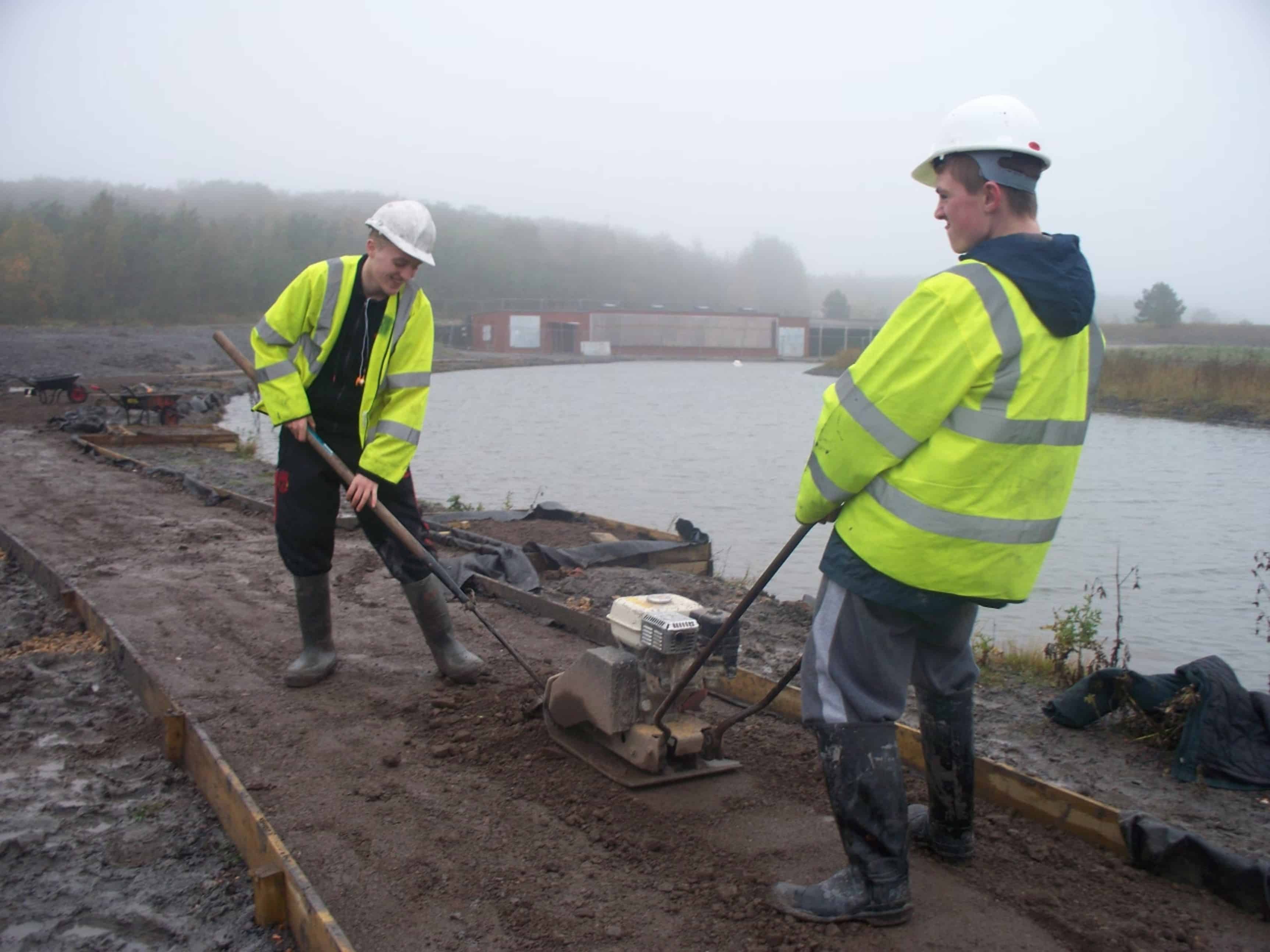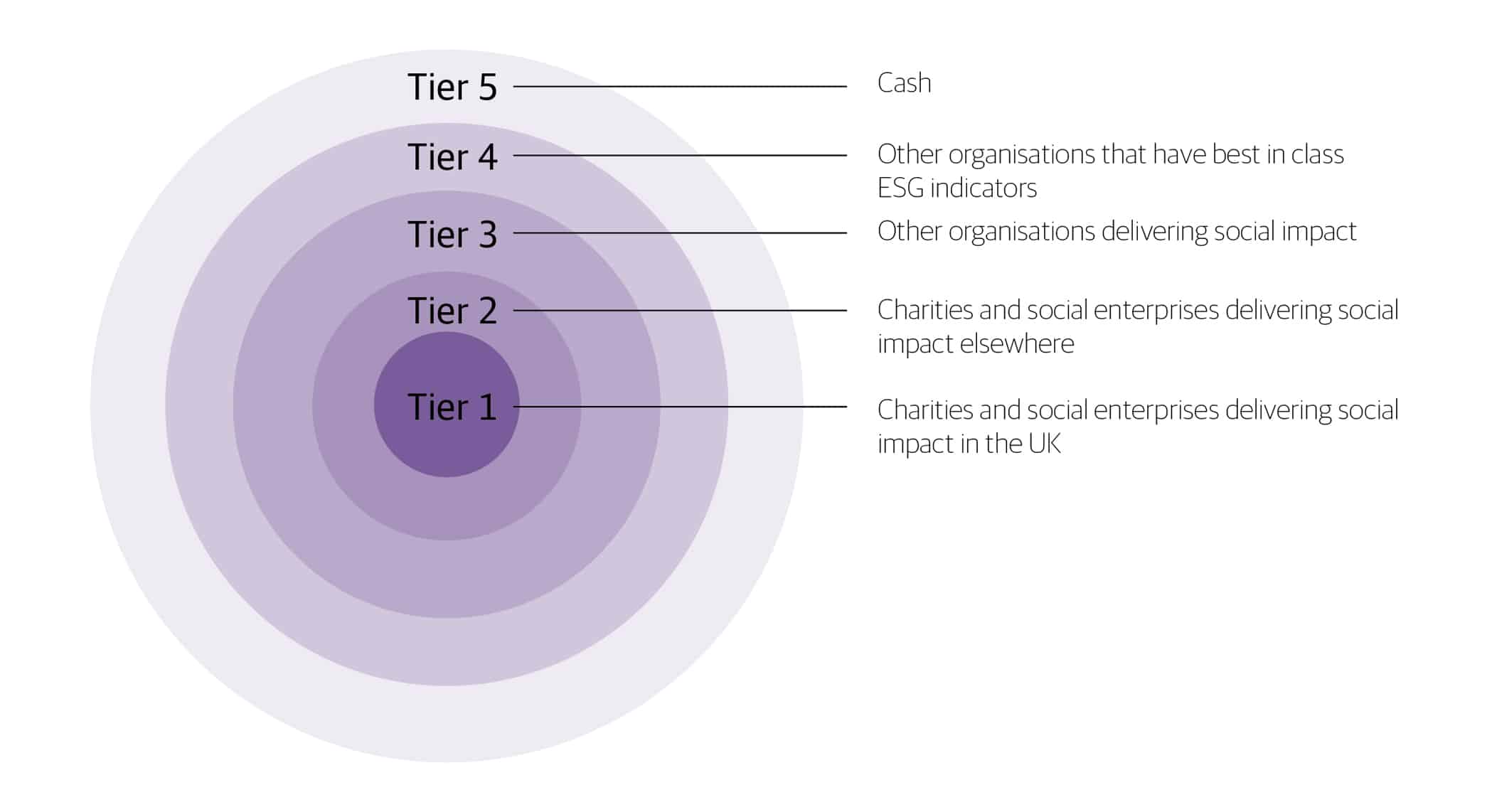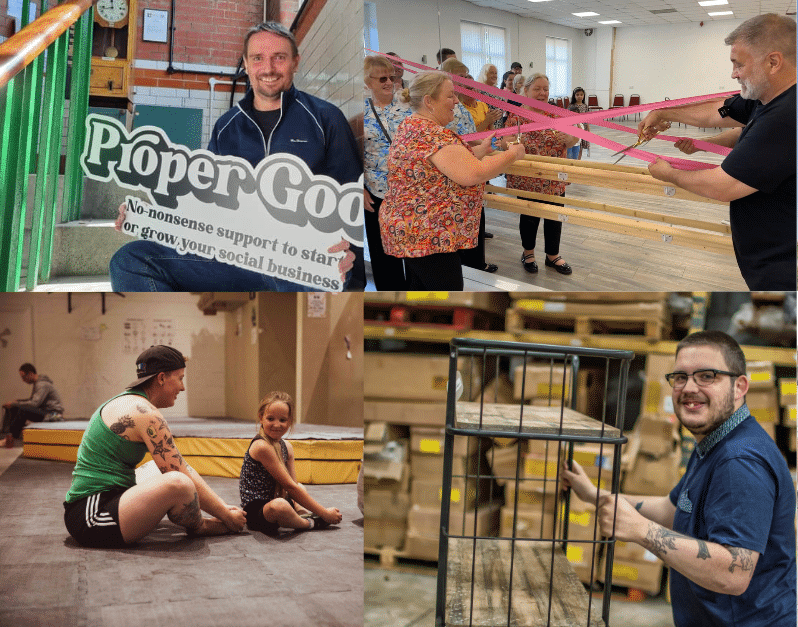Access – the Foundation for Social Investment (Access) and Social Investment Business (SIB) have announced that the Reach Fund, the pioneering grant programme which supports charities and social enterprises to increase their resilience by taking on social investment, will continue for a further four years.
Access plan to make at least £10 million available over the next four years to support up to 1,000 further organisations to develop social investment proposals. The fund is available to charities and social enterprises in England.
An independent evaluation of the programme found that for every pound spent on the Reach Fund, organisations involved were able to raise £7 of investment, with £5.2 million of grants raising £38.5 million investments.
The fund allows a range of social investors (known as Access Points) to work with a diverse pipeline of charities and social enterprises, often small and medium sized organisations, using small grants to provide support around issues such as business planning, financial modelling and forecasting. The fund is designed to give the charities and social enterprises control, allowing them to either engage support providers directly and/or use the money to free up their own capacity.
The evaluation suggests the Reach Fund compares favourably with previous similar programmes. Grantees rated the programme highly on a wide range of criteria and analysis suggests that where the investment outcome is known 58% of organisations successfully secured funding as a result of Reach fund support. The average grant of £13,545 under the Reach Fund, compares to £42,092 under the Big Potential programme and £83,871 under the Investment and Contract Readiness Fund. With SEUK reporting that the typical need for capital in the sector is £50k, these figures reveal how the Reach Fund is driving value for money in helping charities and social enterprises raise the capital they most commonly need.
The fund is particularly effective at getting funding and finance to the places and communities where it is needed most, with 44% of Reach grants going to organisations in the 30% most deprived areas. The evaluation also highlighted a need for a renewed and strengthened focus on reaching people and organisations from marginalised groups, given lower uptake from women-led organisations and a lower application success rate for black and minority community-led organisations, LGBTQ+ and disability organisations.
Neil Berry, Director of Programmes at Access, said:
“The independent evaluations shows that the Reach Fund is a cost-effective, flexible, and responsive investment readiness programme that is proven to make charities and social enterprises more resilient by getting investment deals over the line.
The recent independent evaluation shows the fund provides excellent value for money in comparison to similar programmes. It’s great that Access is able to extend this programme and continue opening up investment to charities and social enterprises that would not otherwise be able to access it. While the fund is successful in getting to parts of the country that have not benefited from this type of this investment in the past, there is more to do to ensure that the programme is serving marginalised communities to the same degree. Alongside our partners we will have a particular focus on this as we look to the next phase of the Reach Fund.”
Deborah Smart, Director of Grants at the Social Investment Business, said:
“We are delighted that the Reach Fund will be extended for a further four years, and that we will continue to help deliver what we see as a vital part of the social investment infrastructure. Charities and social enterprises will continue to need the simple, clear and responsive grant funding that the Reach Fund provides.
The evaluation shows the many ways in which Reach has been a success, but also highlights where we can improve and adjust to the current context. That means working to ensure better access for organisations who work in and come from underserved communities. It also means encouraging adaptability, flexibility and resilience in a post-Covid world. We look forward to working with Access and our partners to continue to do so in this next phase”.













